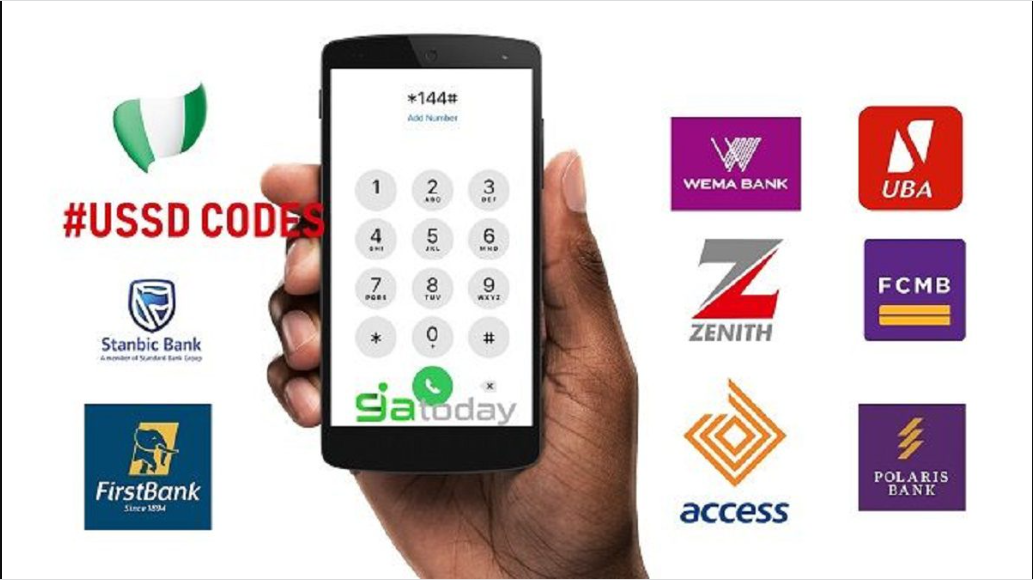By Odunewu Olusegun
The N80bn debt being owed telecom firms by Banks and other financial institutions on the use of USSD poses a fresh challenge for the Central Bank of Nigeria (CBN) drive on its cashless policy.
Stakeholders are worried about lack of infrastructure to drive the new policy, even though telecommunications operators have allayed fears in some quarters, saying all that is needed is having current telecoms infrastructure protected.
CBN recently directed a limit to cash withdrawals as part of efforts at driving the cashless policy. The apex bank limited cash withdrawals to N100,000 for individuals and N500,000 for businesses over the counter. Also, the daily maximum withdrawal from Point of Sale (PoS) and Auto Teller Machine (ATM) was put at N20,000.
According to the Chairman, Association of Licensed Telecom Operators of Nigeria (ALTON), Gbenga Adebayo, the USSD payment issue has not been resolved and it is a significant threat to mobile money.
Adebayo said though, “we could say USSD is not the same as mobile money, it is a critical aspect of digital payment. This issue of debt on USSD is a significant elephant in the room. If the matter is not resolved, it will escalate. And when that is done, it becomes a major issue between the telcos and other sectors.”
READ ALSO: Analysts express concerns over CBN hyped cashless policy
According to him, telcos may stop providing services to debtor banks, “and it will affect the entire ecosystem. So, there is a conversation that needs to be held around the fragility of the financial sector in relation to the debt some of the banks and finance companies owe telcos on USSD.”
The ALTON chairman, who confirmed that the USSD debt is well over N80 billion, said the sector has the needed infrastructure, to some extent, and is ready to support the banking sector for the expected traffic coming to digital platforms.
Indeed, unlike in other climes, especially in Africa, where mobile money has thrived, in Nigeria, the process has suffered snail-speed development, despite the country being the nation with the highest number of mobile phone penetration in the region.
Investigation revealed that up to 25 mobile money operators (MMOs) have been licensed since the launch of mobile money service in Nigeria in 2009. Despite this large number of MMOs, high mobile phone and SIM card ownership, mobile money uptake and usage are still low in Nigeria.
But with the four major mobile networks in Nigeria now having payment service bank (PSB) subsidiaries, analysts say that there is hope for that segment of the market.
Specifically, 9mobile has 9PSB Limited; Airtel Africa has Smartcash PSB Limited; Globacom Limited has MoneyMaster PSB Limited; and MTN Nigeria has MoMo PSB Limited.
Speaking on the matter, the Chairman, Association of Licensed Mobile Payment Operators (ALMPO), Jay Alabraba, said the body definitely sees the long-term benefits of the cash withdrawal policy announced by the CBN Governor, especially as it aligns with its goal of deepening financial inclusion and reducing cash use in the economy.
READ ALSO: CBN insists on nationwide cashless policy by April 1
Alabraba said if all stakeholders are engaged and working together, the policy should support broader uptake of digital financial services, adding that it will force more pockets of the informal sector into the formal economy, which is a good thing for consumers, businesses and the Nigerian economy overall.
On his part, Executive Secretary of the Association of Telecommunications Companies of Nigeria (ATCON), Ajibola Olude, said there are several opportunities for mobile money operators from the new policy.
Olude said the entire bank customers would be constrained to download mobile money apps and traditional bank apps to be able to perform their banking transactions.
The ATCON Executive Secretary appealed to the traditional banks to see PSB as a partner in deepening the policy on financial inclusion, stressing that CBN needs to embark on vigorous enlightenment about PSB, especially in the rural areas.
According to him, there must be truce between banks and telecoms operators on the USSD crises currently rocking the industry.

 Business1 week ago
Business1 week ago
 Football1 week ago
Football1 week ago
 Entertainment6 days ago
Entertainment6 days ago
 Latest1 week ago
Latest1 week ago
 Entertainment3 days ago
Entertainment3 days ago
 Latest1 week ago
Latest1 week ago
 Business1 week ago
Business1 week ago
 Comments and Issues6 days ago
Comments and Issues6 days ago

